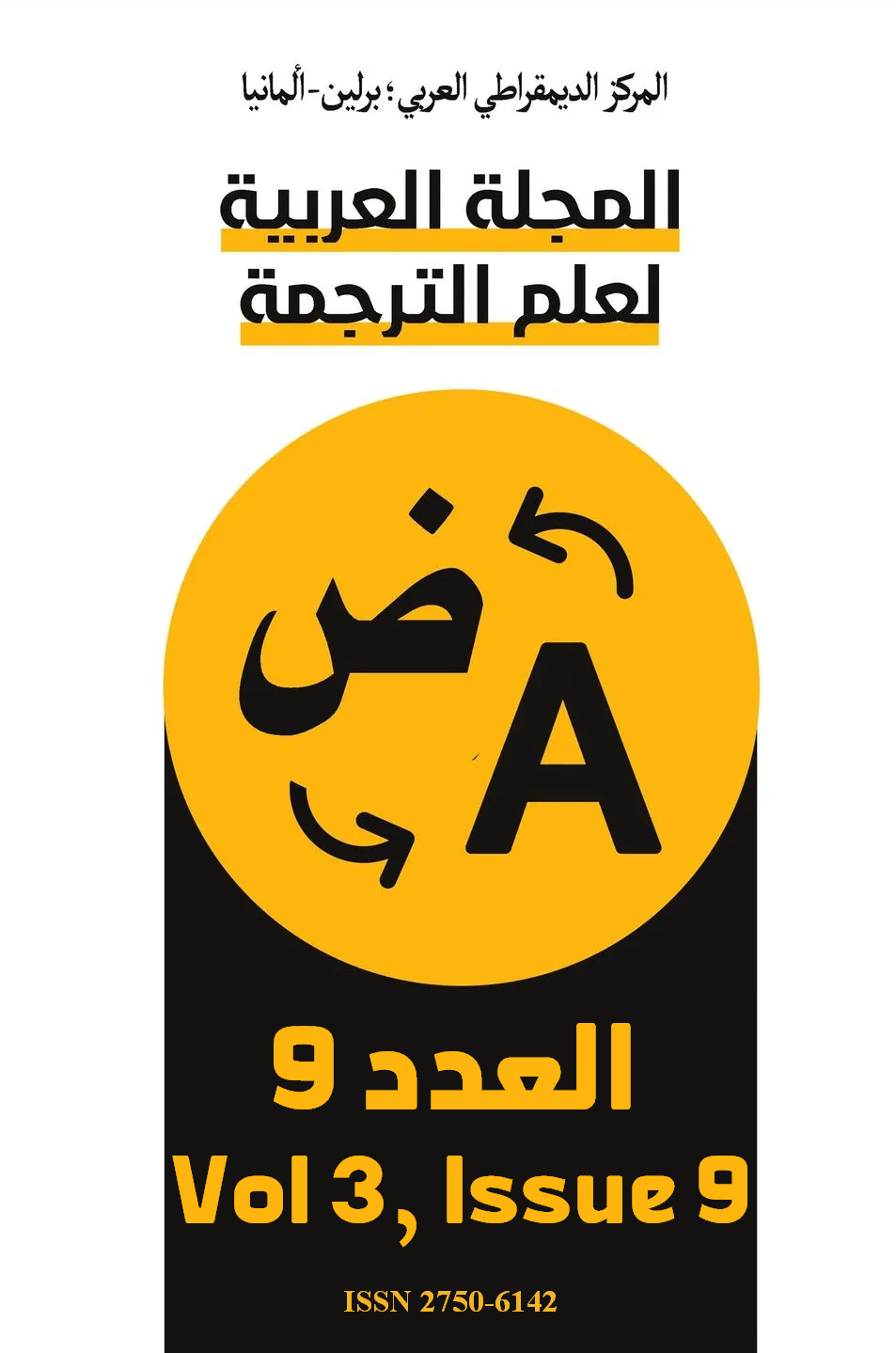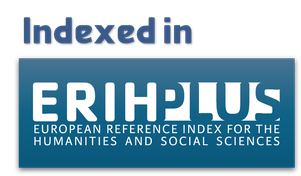Corpus-Based Analysis of the Meaning and Translation of The Arabic Word “Ghurfah” in Islamic Discourse
DOI:
https://doi.org/10.63939/AJTS.wrd5nn72Keywords:
Arabi Corpus, Corpus-Linguistics, Ghurfah, Homonymy, PolysemyAbstract
This research aims to identify the meaning of the polysemous and homonymy word Ghurfah (غرفة) in Arabic language. In addition, it investigates the word Ghurfah (غرفة)in Arabi Corpus. Besides, it sheds light on its translation in the Holy Quran. The descriptive methodology is followed utilizing a content-based analysis. It is found that the word Ghurfah (غرفة) has repeated in the Holy Quran 5 times with two different meanings. viz taking quality of water and place in paradise. In Arabi Corpus, it is found that the most common meaning of the word Ghurfah (غرفة) is place, followed by virtual or metaphorical meaning, a place in paradise and lastly to take a quality of water respectively. Moreover, the most common meaning used for the word Ghurfah (غرفة) is the room of four walls, a room according to long man dictionary (apart inside of a building that has its own wall, floor, and ceiling). The researchers clarified its interpretations according to the two interpreters Abdallah Youssef and Shaker. They reflected the two meanings with slight differences in their translations.
Downloads
References
Abdulsafi, A., & Abdulsafi, S. (2022). Translation Difficulties of Polysemous Words from English into Arabic: A Case Study of Yemeni EFL University Students. Al-Adha University Journal, 3(3), 120-135. https://doi.org/10.56807/buj.v3i3.222 DOI: https://doi.org/10.56807/buj.v3i3.222
Ali, A. Y. (2012). The Meaning of the Glorious Quran Text, Translation & Commentary by: Abdullah Yusuf Ali. Retrieved from Islamic Buletin
Al-Jarf, R. (2022). Challenges That Undergraduate Student Translators’ Face in Translating Polysemes from English to Arabic and Arabic to English. IJLLT, (84) DOI: https://doi.org/10.32996/ijllt.2022.5.7.10
Al-Musawer et al. (2022). Corpus-Linguistics Awareness Among BA Translation Student. (Unpublished Graduation Research) . Department of English, Faculty of Human & Social Sciences, University of science & Technology. Hodeida: University of science
Alnamer, S. (2017). On the awareness of English polysemous words by Arabicspeaking EFL learners. Advances in Language and Literary Studies, 8 (2), 112-121 DOI: https://doi.org/10.7575/aiac.alls.v.8n.2p.112
Beghoul, Y., & Hamlaoui, H. (2017). Ambiguity of Polysemous English Words in Translation
Falkum, I. L., & Vicente, A. (2015). Polysemy: Current perspectives and approaches. Lingua DOI: https://doi.org/10.1016/j.lingua.2015.02.002
Hamlaoui, M. H. (2010). Ambiguity of Polysemous English Words in Translation: The Case of Second Year Students at the University of Constantine (Doctoral dissertation, Doctoral thesis. Algeria: Mentouri University of Constantine)
Lopukhina, A., Laurinavichyute, A., Lopukhin, K., & Dragoy, O. (2018). The Mental Representation of Polysemy Across Word Classes. Frontiers in Psychology, 9, 1-16 DOI: https://doi.org/10.3389/fpsyg.2018.00192
Marini, C., & Jezek, E. (2019). CROATPAS: A Resource of Corpus-derived Typed Predicate Argument Structures for Croatian. In: CLiC-it. 2019
Vicente, A., & Falkum, I. L. (2017). Polysemy. InOxford Research Encyclopedia of Linguistics. Ed. Mark Aronoff DOI: https://doi.org/10.1093/acrefore/9780199384655.013.325
Downloads
Published
Issue
Section
License

This work is licensed under a Creative Commons Attribution-NonCommercial 4.0 International License.
As an open-access the journal follows the CC BY-NC 4.0 Attribution-NonCommercial 4.0 International which states that:
- you are free to:
- Share— copy and redistribute the material in any medium or format.
- Adapt— remix, transform, and build upon the material.
- Under the following terms:
- Attribution— You must give appropriate credit, provide a link to the license, and indicate if changes were made. You may do so in any reasonable manner, but not in any way that suggests the licensor endorses you or your use.
- NonCommercial — You may not use the material for commercial purposes.
- No additional restrictions — You may not apply legal terms or technological measures that legally restrict others from doing anything the license permits.












